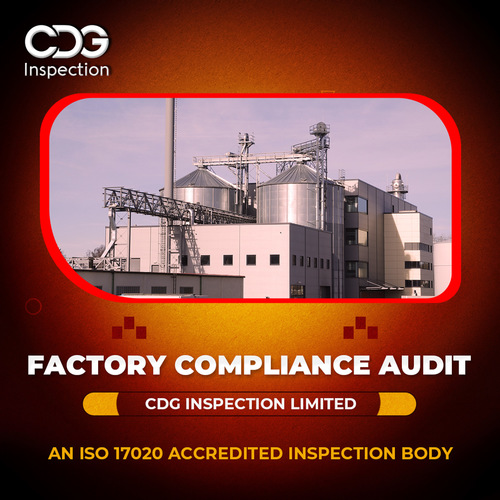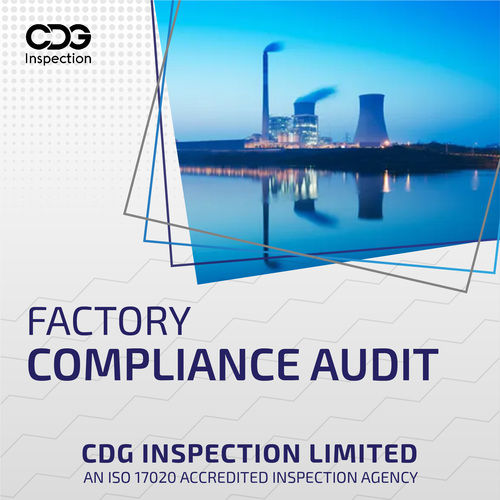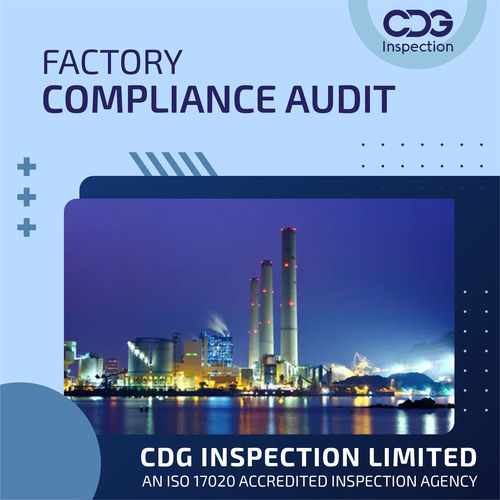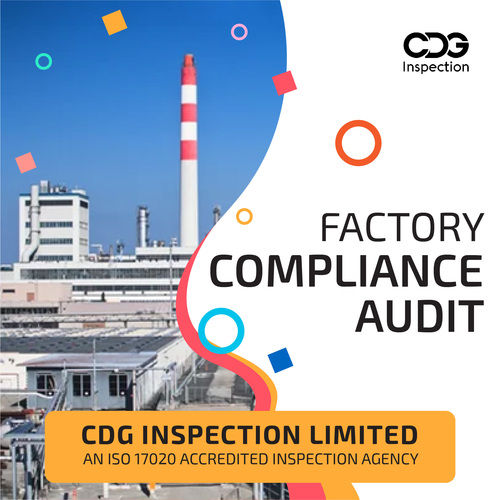Factory Compliance Audit In Sonipat
Product Details:
X
Product Description
CIL Provides Accredited Factory Compliance Audit Services in Sonipat, Haryana, India. What precisely is examined in a compliance audit varies depending on whether an organization is a public or private company, what types of data it handles, and if it transmits or stores sensitive financial data. What precisely is examined in a compliance audit varies depending on whether an organization is a public or private company, what types of data it handles, and if it transmits or stores sensitive financial data. For Instance, Factory Compliance Audit would have to prove that any electronic communication is backed up and secured with a reasonable disaster recovery infrastructure. Healthcare providers that store or transmit, health records, including personal health information, are subject to Health Insurance Portability and Accountability Act laws and regulations. And financial services companies that transmit credit card data are subject to Payment Card Industry Data Security Standard requirements. In each case, organizations must be able to demonstrate compliance by producing an audit trail, often generated with data from event log management software, as well as internal and external audits. Why are Compliance Audits Important, Compliance audits serve a lot of purposes, like, They identify gaps, One of the objectives is to check whether the policies and processes are effective in meeting the compliance requirements. If there are non, compliances, the auditors will note them and report to the organizations management or to the appropriate government agency. They help in improvement, Once gaps are uncovered, the organization can make improvements by implementing corrective and preventative actions. For example, penetration testing conducted as part of a cyber, security audit could reveal that employees are susceptible to social engineering attacks, indicating a need for additional. They reduce risks and pave the way for compliance for other frameworks, For instance, companies that comply with cybersecurity regulations and frameworks. They help avoid penalties or legal trouble, This one applies explicitly to mandatory laws, where noncompliance could easily get a company into serious trouble. How to Prepare for a Compliance Audit, However, organizations should not rush towards a compliance audit. Preparation is vital if you want to pass. Here are a few tips on how to prepare for a compliance audit, Prepare the needed documents, The documents should define how the organization complies with the standard. Moreover, these documents should reflect actual practices that employees follow. Do an internal review first, A self, assessment should identify the gaps and improvement opportunities before the external audit. For instance, in cyber security, reviewing IT systems is critical to make sure they do not violate any IT standards. Have a clear audit trail, Audit trails are manual or electronic records that act as documentation and proof of compliance. If companies are not managing their audit trails well, there is a high chance they will have problems with the auditors. Security policies and processes(like data retention and document control) play a significant role in managing audit trails. Conduct training, Train staff or employees so that they know the policies and procedures they must follow. For example, if people are adequately trained in cyber security, they will know how to protect confidential information and identify cyber risks. Download our Cyber security Awareness Training Guide for valuable tips on training employees on password security best practices, identifying and preventing phishing attacks, and more. Stay up to date, Once you have learned that your competitor has been fined for a certain incident, use that opportunity to examine your own systems and make improvements. Its also important to keep track of new or updated standards and regulations that apply to your organization.Enter Buying Requirement Details






